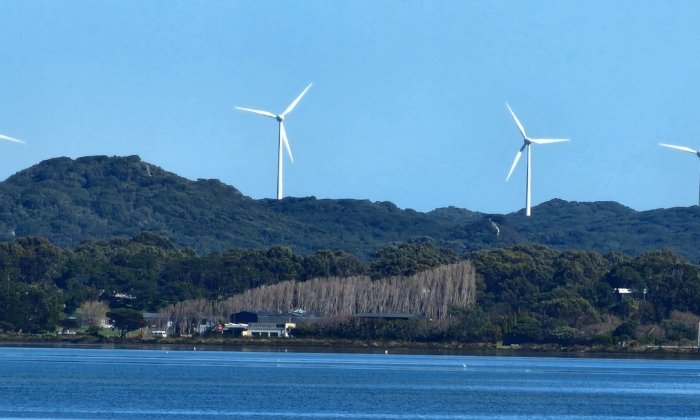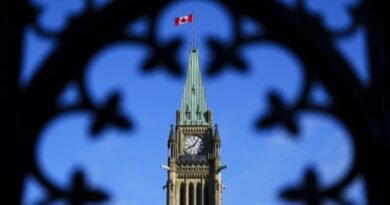NSW Bar Association Rejects Proposal for 3-Year Suspension of Lawsuits Related to ‘Greenwashing’
But industry says reporting of climate-related data could be inaccurate due the lack of solid data around emissions.
The New South Wales Bar Association has opposed a proposal by the federal government to protect corporations from private citizens’ greenwashing lawsuits, claiming it would give corporations an “unwarranted zone of immunity.”
However, industry groups such as the Australian Chamber of Commerce and Industry (ACCI), have warned that not having the protections could see companies bogged down in lawsuits based on inaccurate climate reporting—potentially slowing down future investment as well.
Under the federal Treasury Department’s proposal, private citizens would be prohibited from suing corporations for misleading or deceptive greenwashing claims for three years.
The department says companies were overly cautious in their climate disclosures if there was a risk of being sued, hence the need for the moratorium.
Normally, the Australian Securities and Investments Commission (ASIC), the Australian Competition and Consumer Commission, and private litigants can file a claim against a business for misleading greenwashing.
Greenwashing is where an entity misrepresents its climate change policies or commitments as a way to appear more environmentally friendly, sustainable, or ethical.
However, under the new proposal (pdf), the Climate-related Financial Disclosure, a three-year moratorium on lawsuits would effectively lock out any legal action, except from ASIC.
The government will also outline new disclosure requirements around climate change commitments from companies in relation to governance, strategy, and risk management. The mandatory reporting requirements for businesses will commence in July 2024.
The NSW Bar Association argues that the proposed three-year moratorium, or freeze in litigation by private citizens, will not only undermine Australia’s ability to achieve its 2030 emissions target but also restrict access to justice for people who believe they have been misled by a company’s climate claims.
“It would also amount to an unwarranted zone of immunity for corporations from action by private litigants under provisions of the law that otherwise regulate (and have for many years regulated) corporate behaviour in all other areas of the commercial life of the nation, and which operate to protect individuals from harm that may be suffered as a consequence of ‘greenwashing’ activity,” NSW Bar President Gabrielle Bashir S.C. said in a submission (pdf).
Meanwhile, the Treasury Department acknowledged that significant data availability issues were a problem for accurate climate reporting, including forward-looking statements and emissions reports.
For instance, there are three emission scopes categorised by the government: scope one covers direct emissions from assets owned by the company; scope two covers indirect emissions from the energy consumed by the company; and scope three includes emissions that occur either upstream or downstream in the company and is usually used in the wider community.
Scope three emissions are a concern as the emissions are generated outside the company’s control, for example, gas produced by an energy company that is then burned by a customer.
. . . . (content continues)
Source link




